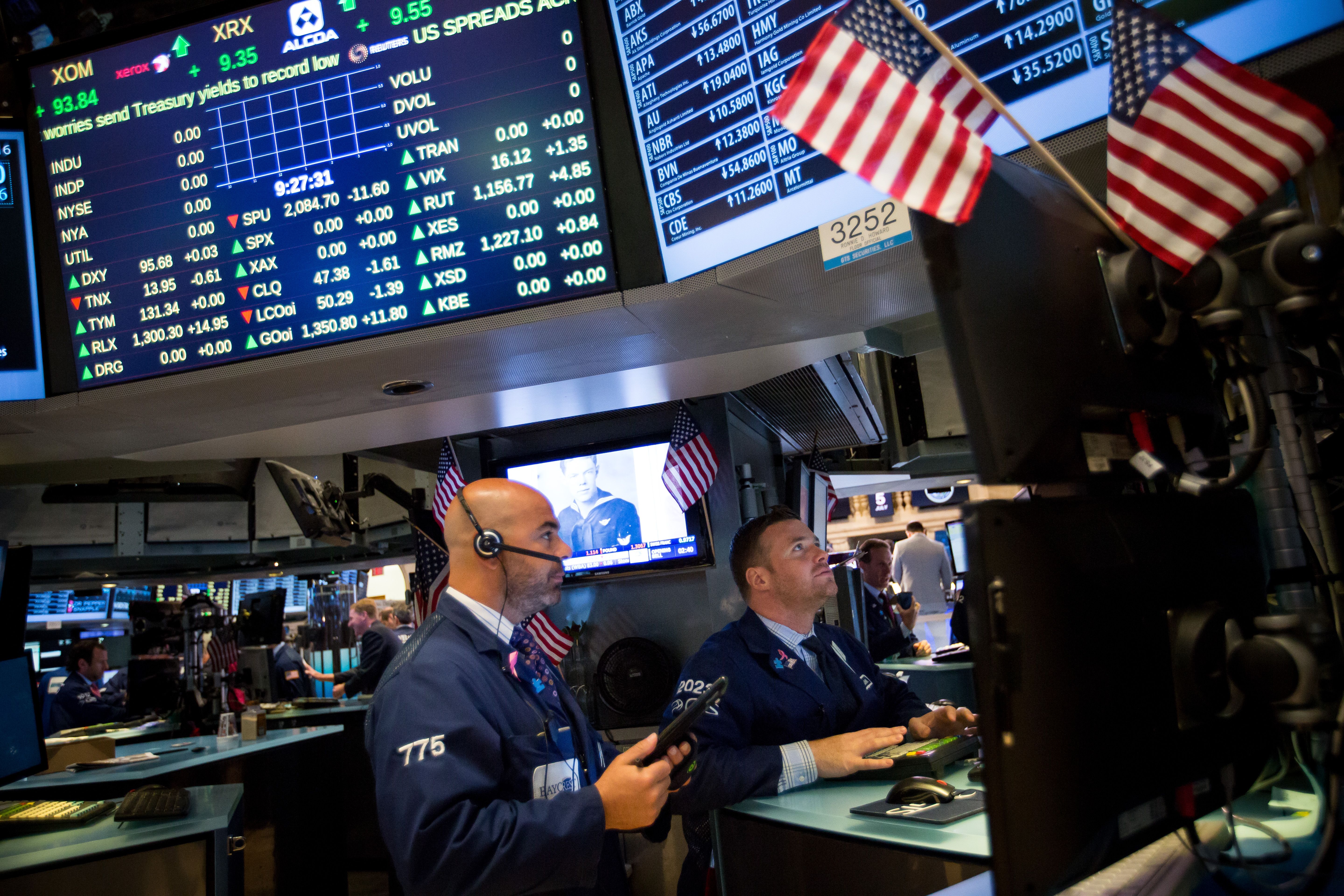Global stocks surged on Monday, August 14, recovering after fears of a U.S.-North Korea nuclear standoff drove them to the biggest weekly losses of 2017, while the dollar too rose off four-month lows it had hit against the yen.
U.S. shares were expected to open higher, index futures showed. European shares bounced after falling nearly 3 percent last week, with the pan-European STOXX 600 up 0.9 per cent following a similar jump in MSCI’s index of Asia-Pacific shares outside Japan.
Those gains were led by bounces in Australia, Hong Kong and South Korea while MSCI’s world index rose 0.2 per cent.
U.S. S&P e-mini futures rose 0.6 per cent, suggesting a higher open later in the day while the CBOE volatility gauge, better known as the VIX, slipped off nine-month highs hit on Friday.
“The sell-off was around the North Korea risk and escalating rhetoric. It seems to have died down a bit now,” said Caroline Simmons, deputy head of the U.K. investment office at UBS Wealth Management.
“This week we’re seeing a return to fundamentals which are quite good,” Simmons said. “(Company) earnings have been in line or slightly above expectations, global growth seems OK.”
Last week’s equity losses – and yen gains – were sparked by a war of words between Pyongyang and Washington after U.S. President Donald Trump warned North Korea it would face “fire and fury” if it threatened the United States.
That prompted North Korea to say it was considering plans to fire missiles at the U.S.-held Pacific island of Guam.
While North Korea’s Liberation Day celebration on Tuesday to mark the end of Japanese rule could see tensions rise again, markets are relieved that the weekend passed without more rhetoric. U.S. officials also played down the likelihood of a nuclear conflict with North Korea.
Tokyo shares failed to partake in the region’s gains however, slipping 1 percent to three-month lows even after data showing robust 1.0 percent second quarter growth in Japan, the sixth straight quarter of expansion.
That was due to worries over the potential impact of the yen’s recent surge against the dollar. The Japanese currency, which firmed around 1.4 per cent last week, tends to benefit during times of geopolitical or financial stress as Japan is the world’s biggest creditor nation.












